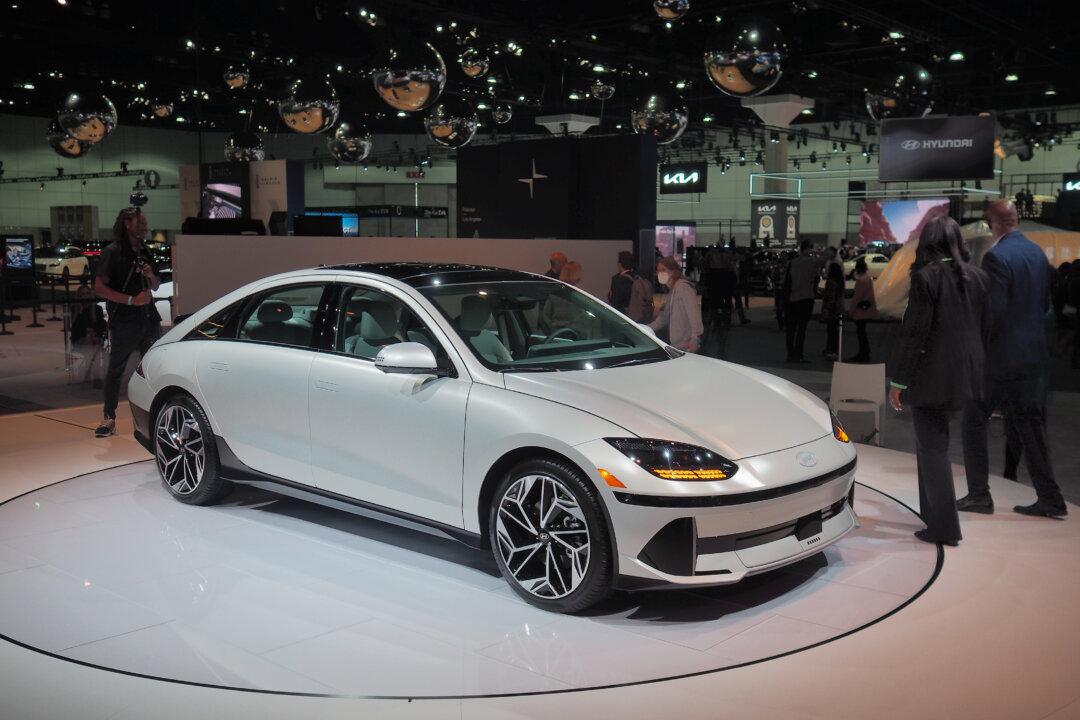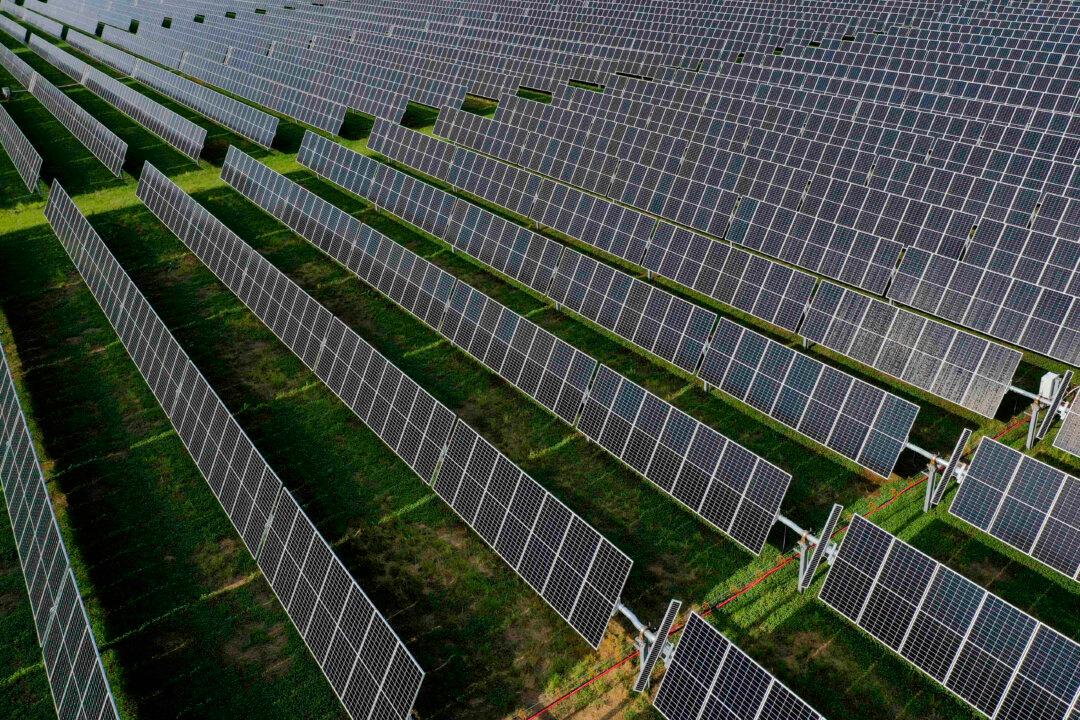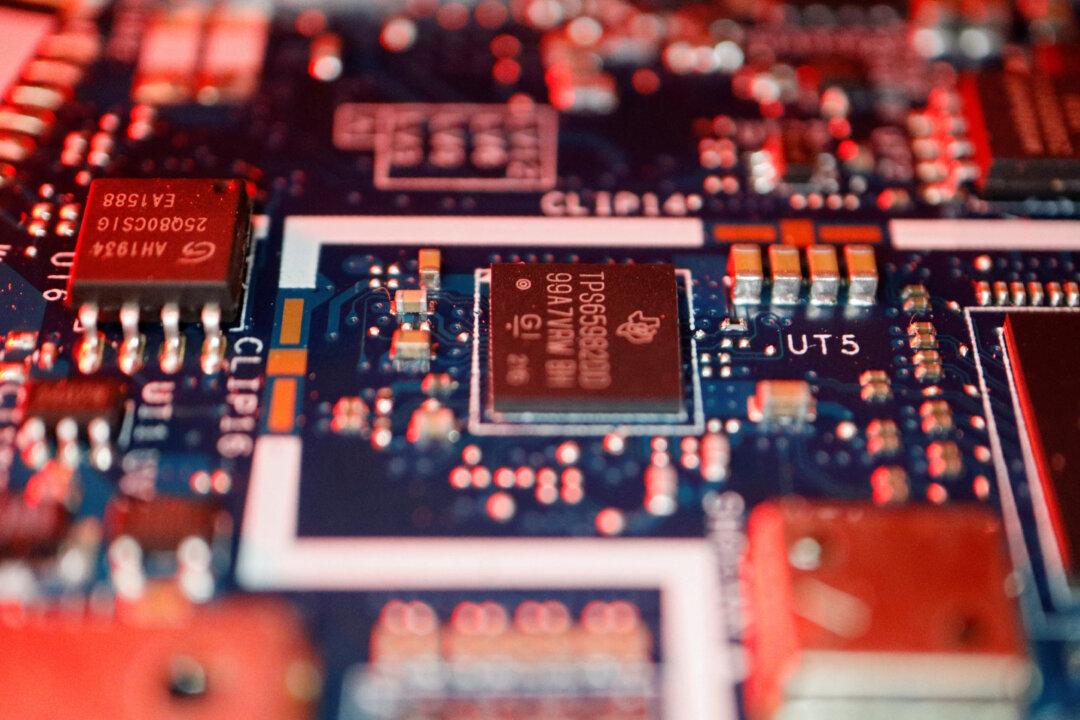A South Korean battery maker will supply electric vehicle (EV) batteries to Hyundai Motor Group’s manufacturing plants in the United States, as government incentives and the auto industry’s move to electrify its car fleets continue to fuel EV-related investment.
SK On, part of Seoul-based SK Group, and Hyundai announced the partnership on Nov. 30, saying that SK On would begin to provide batteries to the Korean automaker after 2025. Hyundai plans to produce electric vehicles at its assembly and manufacturing plant in Montgomery, Alabama, and at an upcoming $5.5 billion plant near Savannah, Georgia, that broke ground in October.





